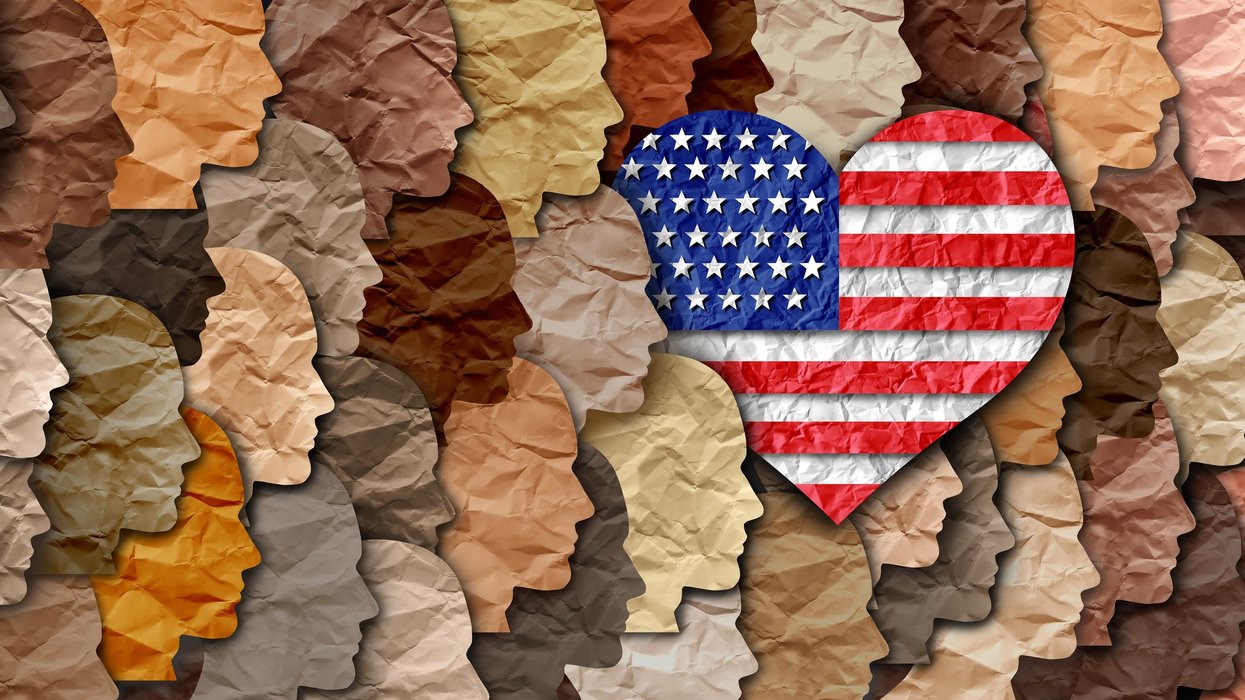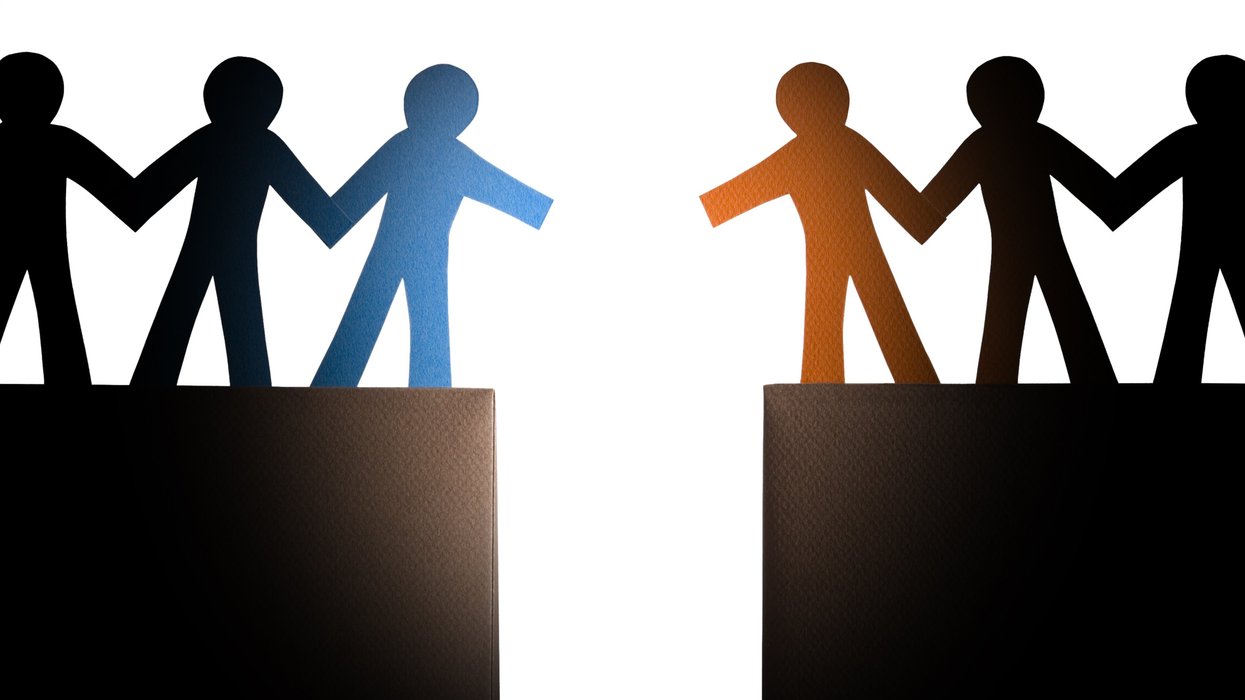Millennials and members of Generation Z have little faith in any level of government, and nearly half of young Black people do not feel like full citizens of the United States, according to new survey data.
Just one-quarter of adults ages 18-36 said they trust the federal government, including just 19 percent of Black people, with slightly more saying they trust state and local governments. Asian respondents said they had more trust (35 percent).
The survey – produced by the progressive think tank Next100 and GenFoward, which conducts surveys of young adults – found that 47 percent of young Black adults do not “feel like a full and equal citizen in this country with all the rights and protections that other people have.” No other racial or ethnic groups had a similar response, although one third of respondents with household incomes under $60,000 felt the same.
In addition, young Americans believe the federal and local governments do not care about them, regardless of race or income.
“We know that younger generations are the most diverse in American history. Our survey shows that, while the vast majority of young people feel disconnected from government, some groups feel more disconnected than others — namely, young Americans of color and those with lower incomes,” said Cathy Cohen, founder of GenForward. “If we are to have a government that is truly reflective of its people, it is incumbent upon our elected officials to heed the priorities and concerns of our young adults.”
Sign up for The Fulcrum newsletter
Less than one-fifth of young Americans believe leaders in the federal government “come from communities like mine.” Only Asian respondents (22 percent) and those with household incomes above $60,000 (23 percent) broke the 20 percent barrier on that question, although all groups felt somewhat more aligned with local government leaders (33 percent overall).
However, 62 percent of respondents to the survey (which was conducted Nov. 5-19, 2021, of 3,279 people, oversampling for minority respondents) said they would be more likely to trust government leaders if they came from “my community.”
“What these findings underscore is that proximity to policymaking matters,” said Emma Vadehra, executive director of Next100. “Building a government and policy sector that is reflective of the people it serves will help restore the trust needed to implement lasting policies that improve lives.”
The feelings among young Black people align with a new report from the National Urban League that says the the voting rights of Black and Brown people are under attack.
“[S]ince the passage of the Voting Rights Act in 1965, the United States has seen a steady rise in disenfranchisement practices giving one party an edge over the other. But never before has the nation seen such an insidious and coordinated campaign to obliterate the very principle of ‘one person, one vote’ from the political process,” President and CEO Marc Morial wrote in the report. “It is, in every sense of the term, a plot to destroy democracy.”
Morial provides a timeline of voter suppression tactics that started after a rise in Black turnout contributed to Barack Obama’s election in 2008 through the Supreme Court striking “preclearance” from the Voting Rights Act to the “Big Lie” that followed Donald Trump’s loss in 2020.
The report identifies four tactics being used against Black and Brown people: racial gerrymandering, making it harder to vote, the “Stop the Steal” movement and threats against election officials.





















